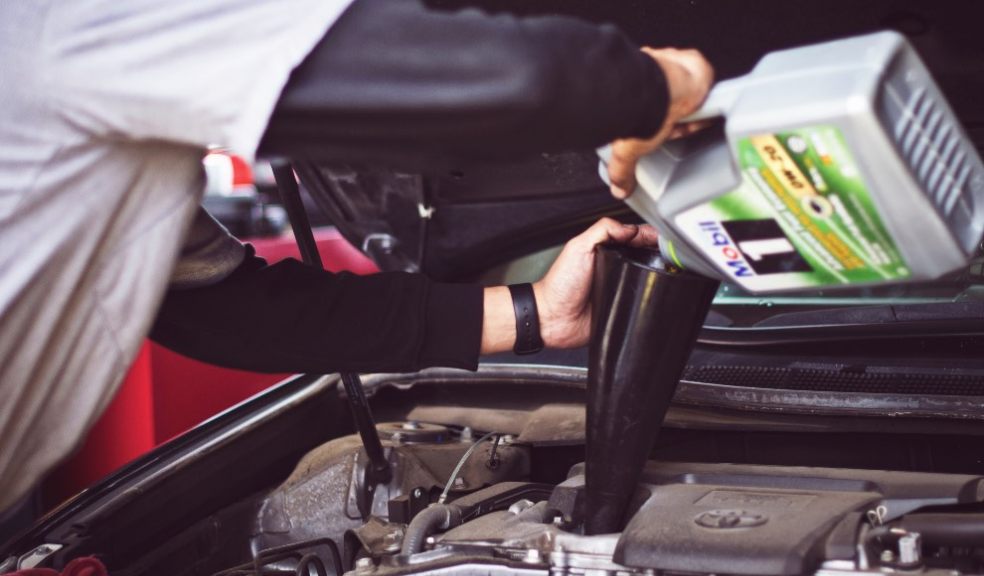
Does your MOT certificate guarantee safety?
A recent survey be a leading British motoring brand has revealed widespread misunderstanding about the MOT test, and what that little pass certificate means. According to the research, almost half of British drivers think that the MOT pass certificate is a guarantee of safety for the following year. This isn’t the case, and there are some very good reasons why not.
Moment In Time
Every car or motorbike over three years of age in the UK must, be law, have a MOT check every year. There are some exemptions for cars never driven on the private road or vintage vehicles, but the requirement applies to the overwhelming majority of cars on the road. If you’ve taken a car for the test in the past you’ll be aware of the process. Make an appointment with the test centre of your choosing, drop the car off for the test, return a couple of hours and pick it up again. When the inspector is looking at your vehicle, they work against a checklist set out by the Driver and Vehicle Standards Agency, looking at everything from steering to seatbelts. After the test, the garage uploads the details into the DVSA database, and you can forget all about the MOT until the same time next year, right?
Well, yes and no. You certainly don’t have to bring your car back for another MOT test until a year is up. But that doesn’t mean you can take your eye off the ball when it comes to basic maintenance and making sure your car is still roadworthy. The MOT tester doesn’t have a crystal ball to be able to predict what might happen in the future. Although a MOT certificate keeps you on the right side of the law for another year, it certainly shouldn’t be looked at as some sort of guarantee or reassurance that nothing can go wrong over the next 12 months.
Maintenance Between MOTs
The survey also revealed very different attitudes to car maintenance around the UK. London drivers are the most likely to go a full year between MOT checks without even looking under the bonnet to see what’s going on. At the other end of the scale, only 1 in every 3 of Scottish drivers do the same. Halfords, the organisation which ran the survey, quite rightly pointed out that just because your brakes are steering on the day of the MOT are in perfect working order, that doesn’t mean they will still be fine in six months’ time.
Basic car maintenance doesn’t have to be tricky, complicated and dirty. It doesn’t necessarily have to be time-consuming either. All drivers should get into the habit of running through basic checks on a monthly basis, looking at things like the condition of tyres, whether there’s enough windscreen wash in the reservoir, making sure all the lights are working and checking the oil. A strange knocking or clunking sound from the engine should be checked out as soon as it is convenient to do so, rather than ignoring it and hoping that it will go away on its own.
Servicing
Servicing isn’t the same as a MOT check, but gives another opportunity for drivers to find out about minor – or major – issues with their vehicles. Not all cars need annual services, especially newer vehicles which are doing lower mileage. If you are unsure about how often your car should be serviced, check on the manufacturer’s website, or look in the handbook which you’ll usually find in the glovebox. Servicing is usually classed as either major or interim. A major service is usually every two years, and will involve changing spark plugs, filters and checks on brakes, steering or suspension. An interim service is shorter and cheaper, and usually comprises changing the oil and topping up the brake or coolant fluid.
Whether you have your car serviced at a large franchised dealer or a small independent garage, it provides the ideal opportunity for a skilled mechanic to give your car an inspection. If they notice a smaller issue at the service, it can be resolved immediately rather than waiting until a small problem turns into a big and expensive problem. Sometimes, motorists try to schedule their servicing and MOT for the same day, and getting all of the work done at the same time can allow you to negotiate a better price. However, it does mean that the responsibility for maintenance is on your shoulders for the rest of the year.
Consequences of Poor Maintenance
The most obvious consequence of not keeping up to date with maintaining your car is that you break down, or are landed with a huge bill for putting it right. A poorly maintained car can also land you in trouble with the police too. Having a valid MOT certificate won’t protect you if you are stopped by the police for having bald tyres or lights which aren’t working. Police have the power to issue on the spot fines to drivers who are driving a car on the road with an obvious fault. In some cases, you’ll get points on your licence too. For example, the fixed penalty for each tyre which doesn’t meet the minimum tread depth is a fine of up to £2,500 and three points on your licence. So if you’re caught with four illegal tyres, you could be hit with a huge fine and be in the position of losing your licence immediately. A 2018 survey on Tyneside estimated that one in every four vehicles on the road have an illegal tyre – is your car one of them?
Dealing With Roadworthiness
There’s no need to be paranoid about the state of your car, and devote every weekend to maintenance. However, all drivers should know the basics such as how to check the oil level, top up the fluids and make sure the tyres conform to the legal minimum depth. A few minutes every couple of weeks will keep you on the right side of the law.














